Last year I made some very simple homemade science kits for my children to give to friends who love science. Each kit contained the materials and instructions for 5 different investigations.
I also have lots more FREE printable science experiment instruction sheets you can download, which would be a great addition to any homemade science kit.
This little kit makes an excellent, inexpensive science gift for Christmas or a birthday.
My super scientist certificate is a lovely extra resource as well.
How to make your own science kit
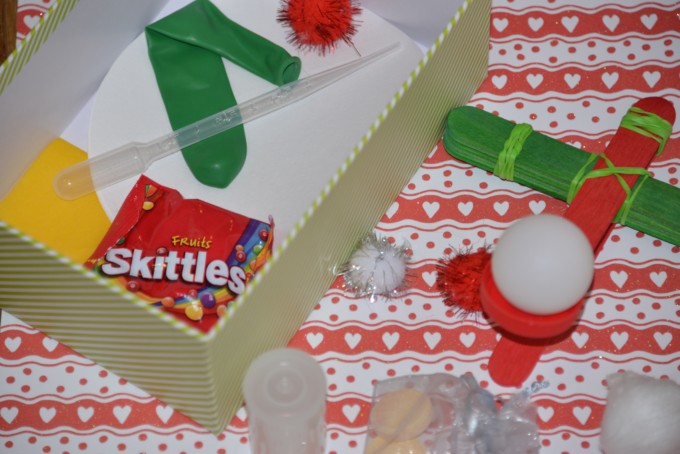
What you'll need to make a homemade science kit
Balloon
Tissue paper
Skittles
Pom poms
Elastic bands
Lolly sticks
Effervescent vitamin tablets - give these to an adult
Ping-pong balls or pom poms
Instructions
Place all the items in a shoebox-sized box. I made the catapult, but another idea is to include the lolly sticks and elastic bands and direct the recipient to a set of instructions for building it. See my video catapult instructions here.
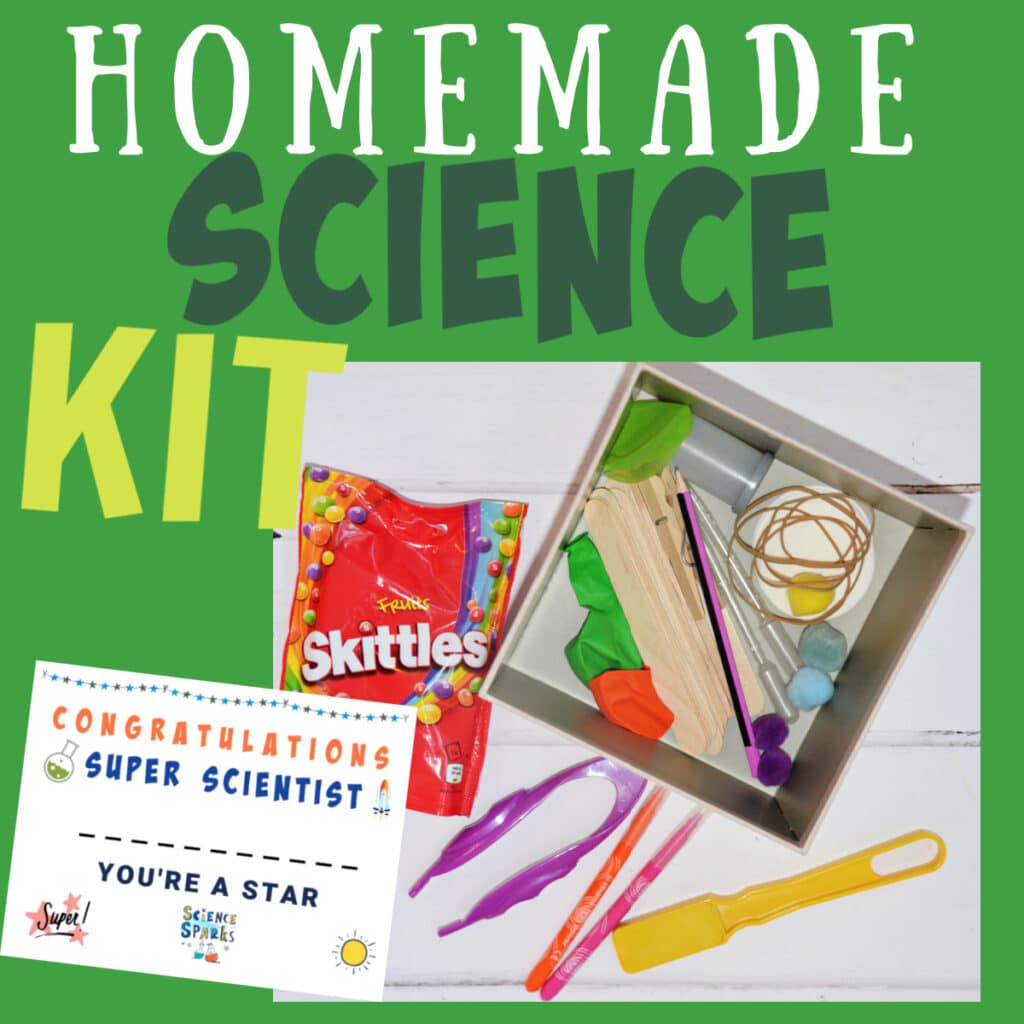
Experiment ideas for a homemade science kit
Static Electricity
Use: Tissue paper, balloon
Cut up the tissue paper, blow up the balloon, rub it on hair or a jumper and hold over the tissue paper to pick it up.
See this post for more information about static electricity experiments.
Colourful Skittles
Use: Skittles, white plate, water
Watch the colours dissolve into water with this easy candy science activity. This brilliant visual science activity is almost foolproof and looks fantastic every time.
Children can experiment by making different patterns with the skittles and using different water temperatures.
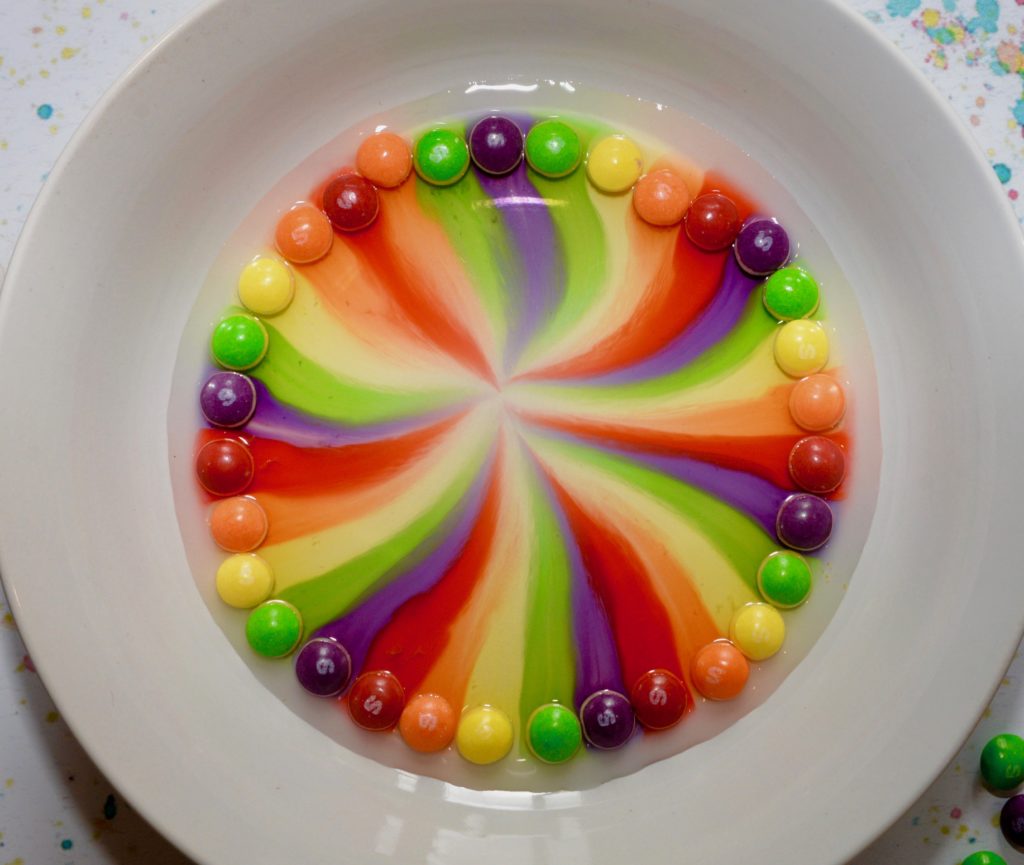
Filter Paper Chromatography
Use: Filter paper, washable felt tip pens, pipette, water
Try some easy filter paper chromatography and investigate how many different colours are in each type of ink.
Darker coloured washable felt tip pens tend to work the best, but trying permanent ink is an idea for an extension task.
This type of chromatography will also work with skittles or other coloured sweets. Place a skittle in a little water and use a pipette to suck up the coloured water. Drop this on the filter paper as you do with the ink from a pen.
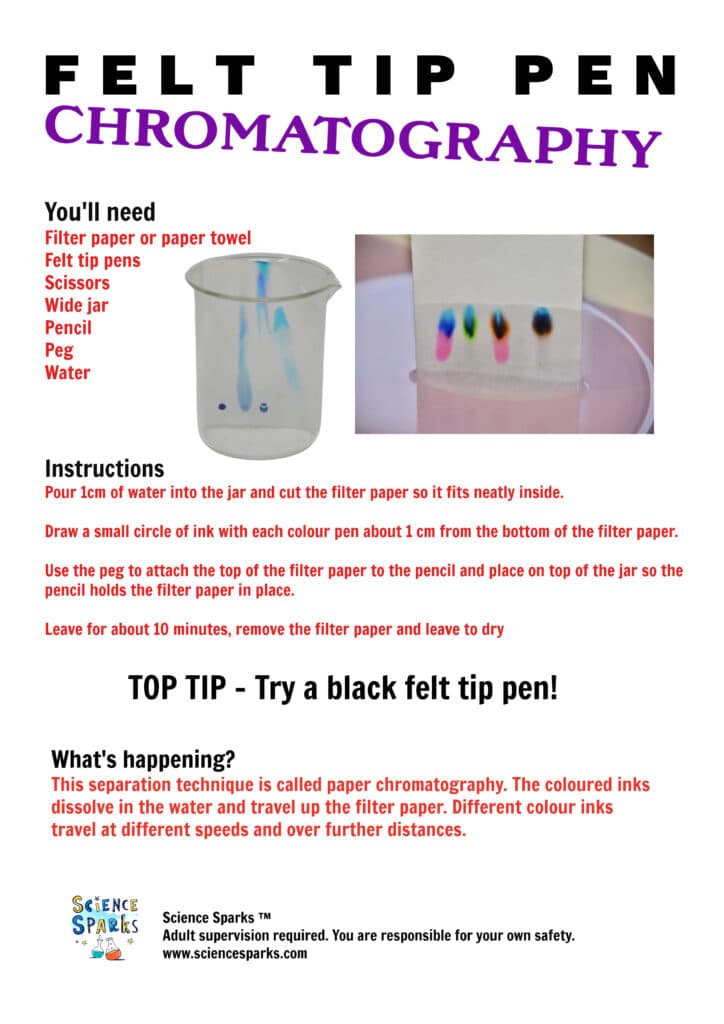
Film Canister Rockets
These are brilliant, explosive fun and a must-add to a science kit. Just add half an effervescent vitamin tablet to a film canister about ⅓ full of water, quickly add the lid, place the canister lid down on the floor and stand well back!
See more details and investigation ideas for film canister rockets here.
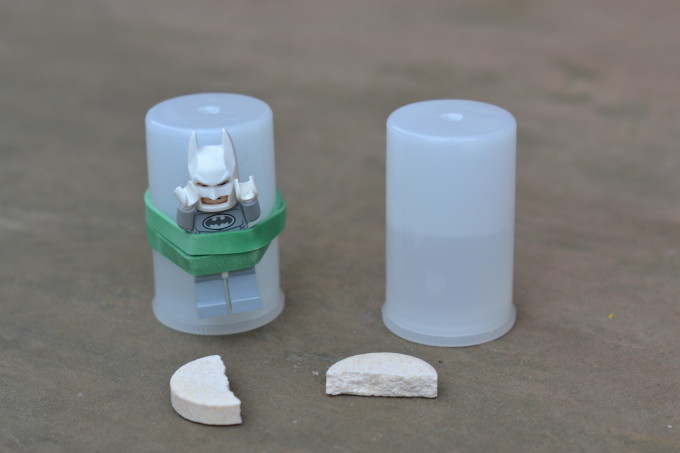
Lolly Stick Catapult
Lolly stick catapults are easy to make ( see our YouTube video for full instructions ). We added a ping pong ball and some pom poms for our lucky recipients to use with the catapult. You could add a tape measure to measure how far each item travels and some paper cups to try to knock down.
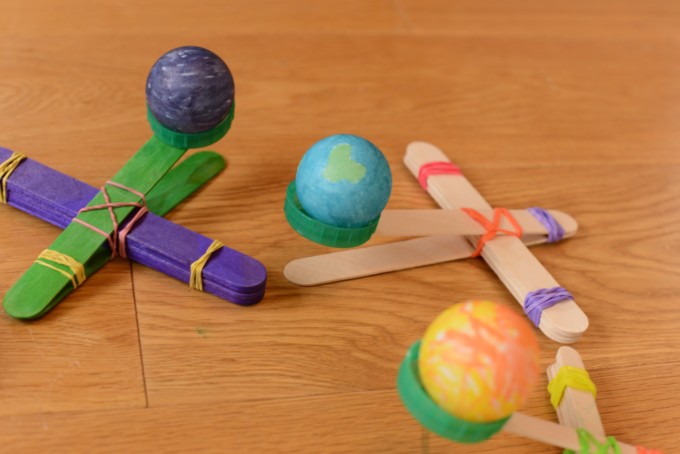
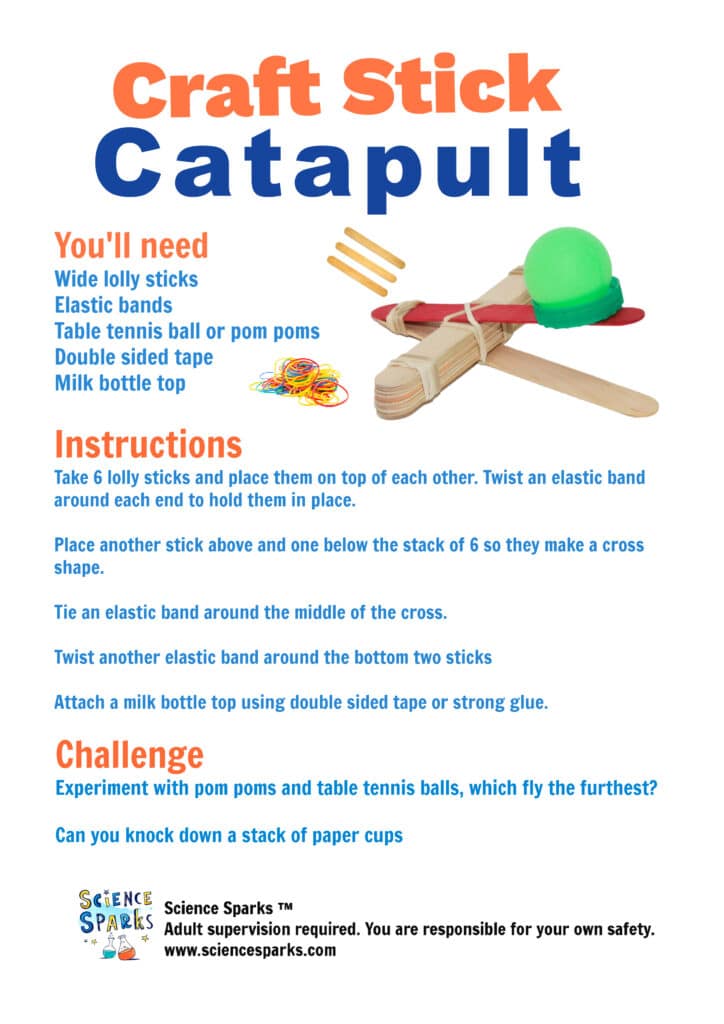
Can you think of any other investigations we could easily add to our science kit?
I've also got some great ideas for mini science kits in this post.
Or how about boxing up the ingredients for making bath bombs?
You might also like my science books! These contain a minimum of 60 science activities and tests perfect for younger kids with help from an adult and older children with just a little supervision.
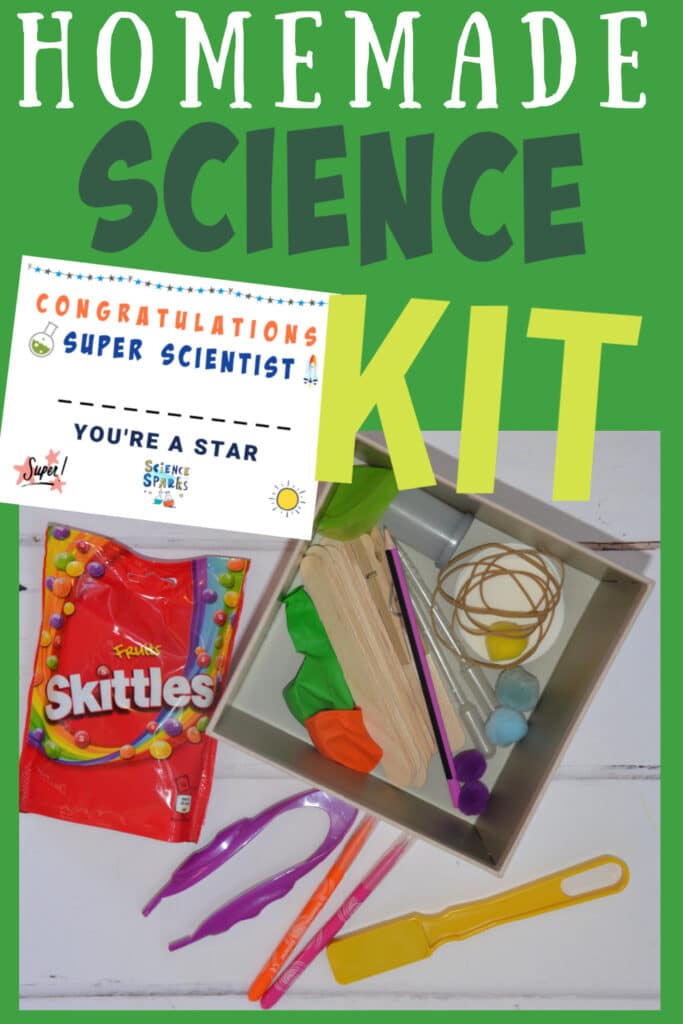
Contains affiliate links
Last Updated on November 25, 2022 by Emma Vanstone
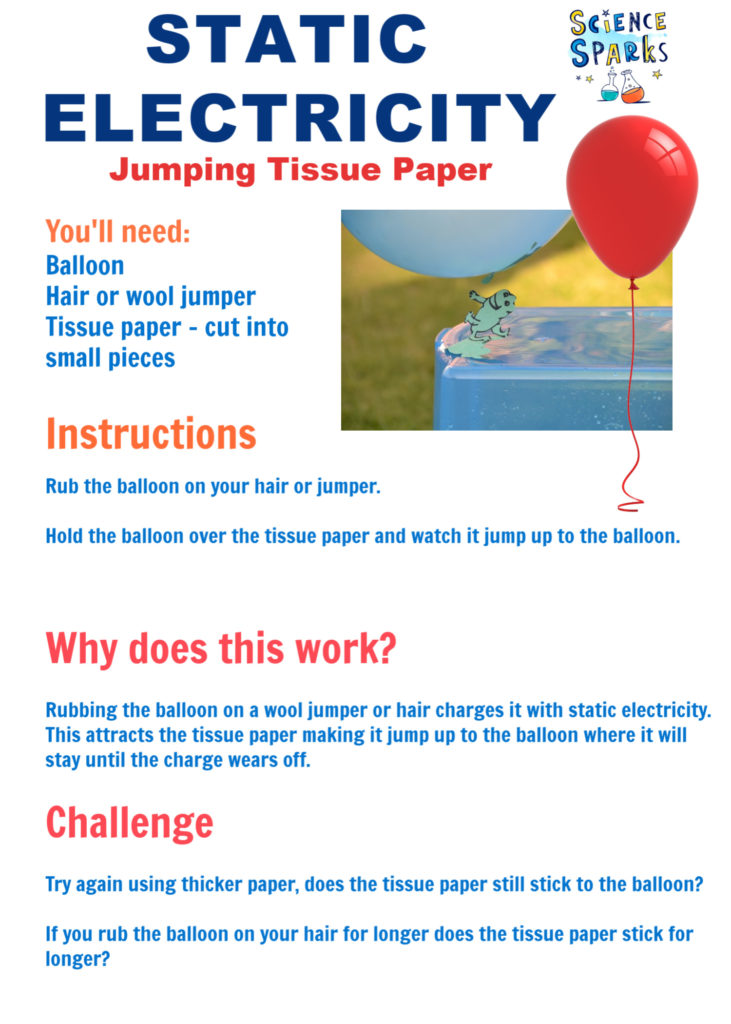
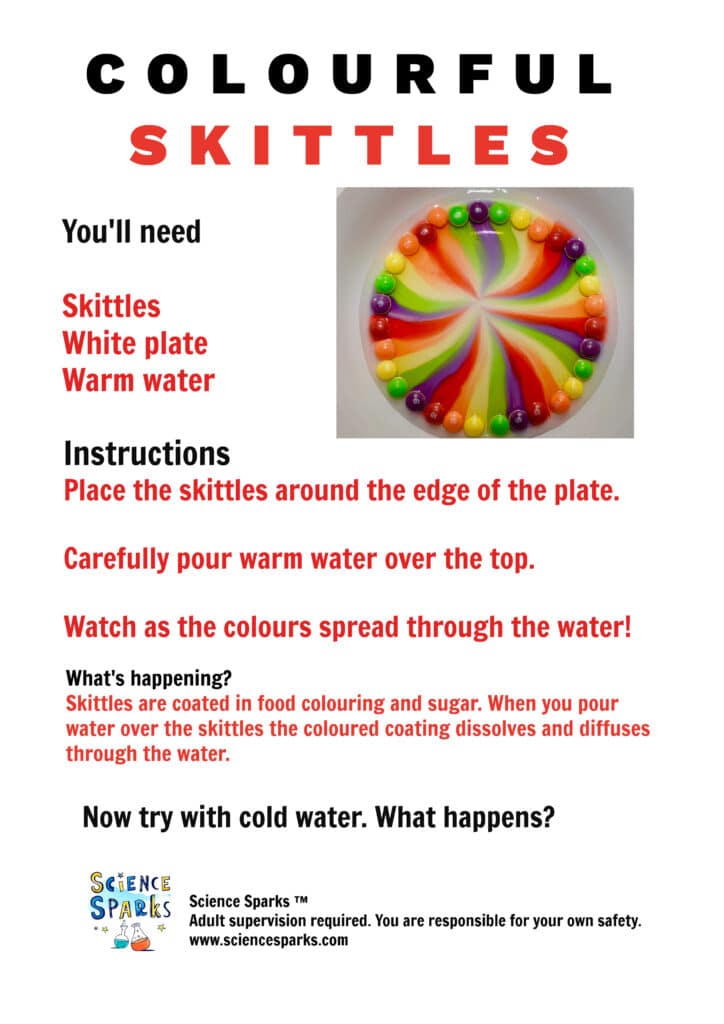
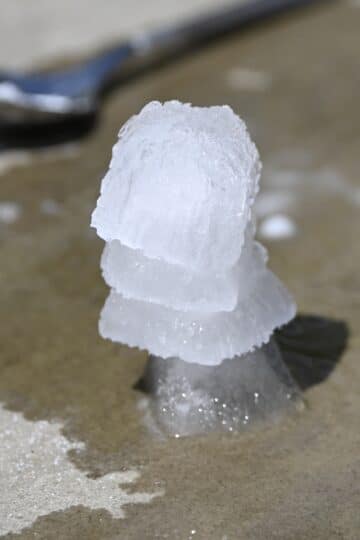
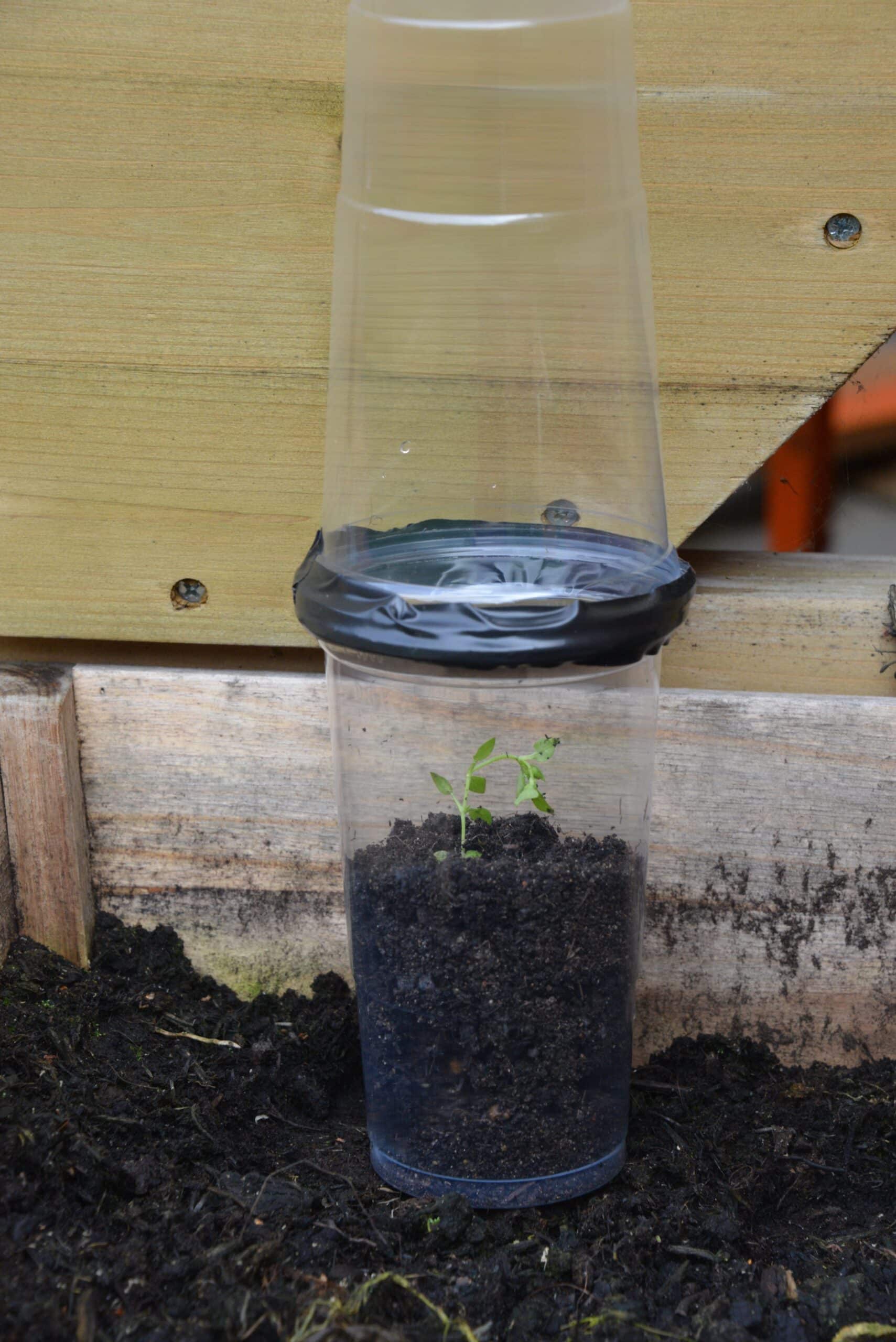
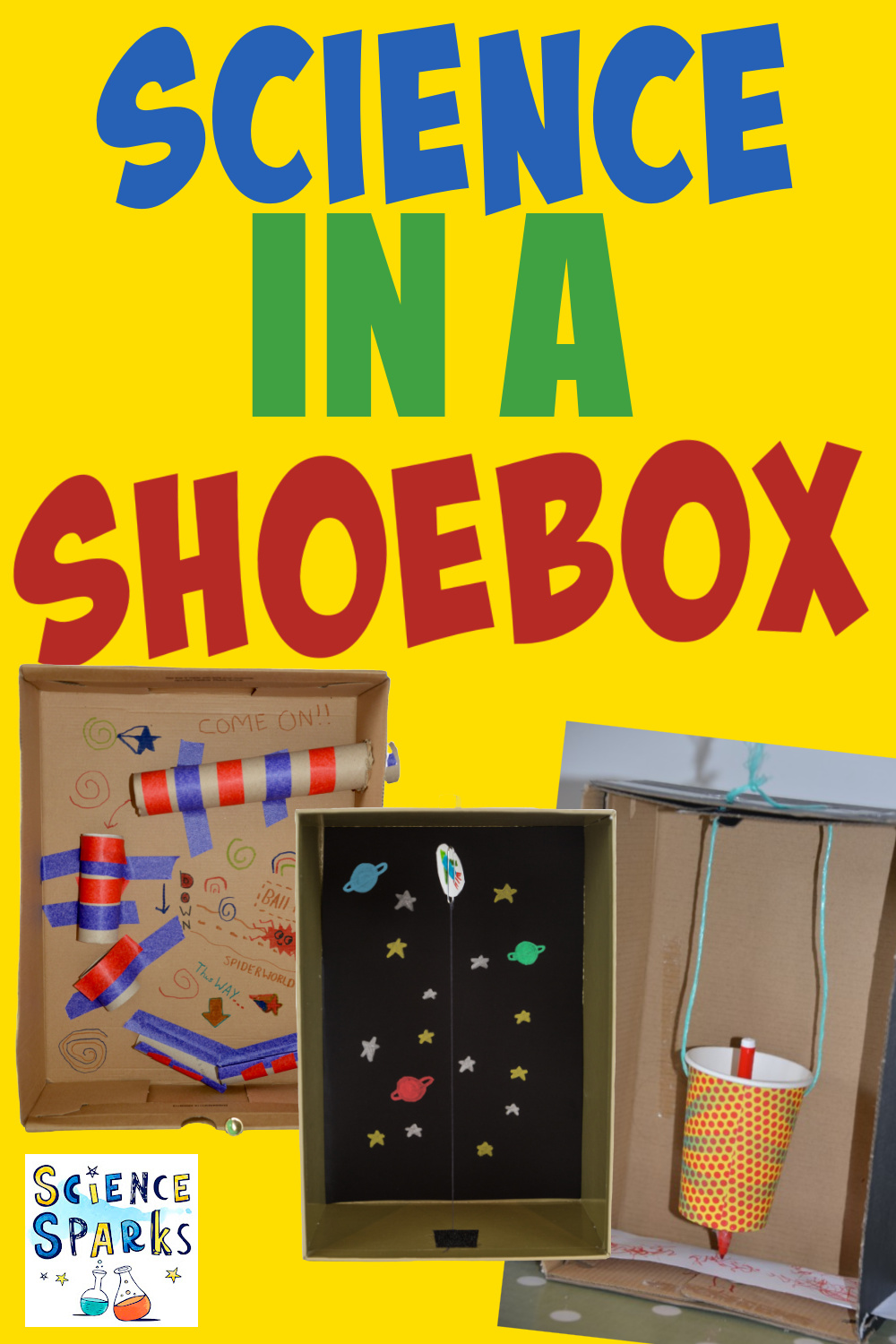
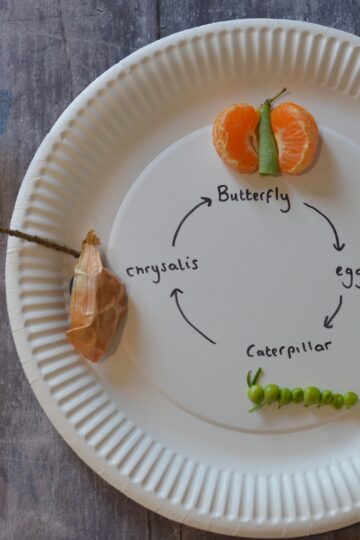
Leave a Reply